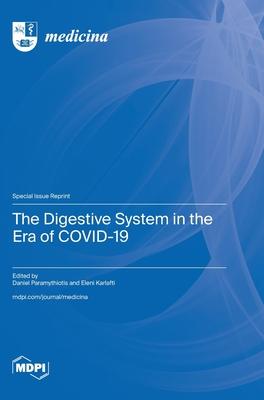In the last few years, the scientific world has been forced to find ways to manage the SARS-CoV-2 pandemic and its many effects. Even though COVID-19 was first considered a respiratory disease, it is now identified as a systematic disease. It is common for SARS-CoV-2 to also infect the digestive system. This type of infection in patients with COVID-19 has a wide symptom range. The aim of this reprint is to evaluate and discuss the optimal management of emergency surgeries in patients with SARS-CoV-2 infection and co-infections. Furthermore, this reprint refers to rare conditions of the digestive system and emphasizes the importance of considering these entities in the differential diagnosis. Awareness of diagnostic imaging hallmarks is crucial to optimize the management of these patients. In this reprint, we discuss the risk of new-onset liver injuries due to COVID-19 in preexisting hepatic conditions, their prognosis, severity and outcome, as well as the immunosuppressant treatments administered for COVID-19 and the possibility of reactivation of the hepatic virus. Moreover, we refer to the drugs used during therapy of hospitalized COVID-19 patients, which have adverse side-effects of drug-induced liver injury-DILI. Finally, this reprint punctuates the importance of vaccination against SARS-CoV-2 in chronic digestive diseases.












